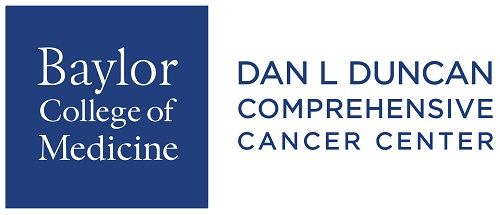
Dr. Musher on Immunotherapy Versus TKIs in HCC

Benjamin Leon Musher, MD, discusses immunotherapy versus TKIs in hepatocellular carcinoma.
Benjamin Leon Musher, MD, associate professor of medicine, hematology and oncology, Baylor College of Medicine, discusses immunotherapy versus TKIs in hepatocellular carcinoma.
Immunotherapy is a very hot area and patients love to think of their immune systems as being activated and attacking their cancer, says Musher. Oncologists recognized that if these drugs show activity, they may work for longer periods of time, adds Musher. However, many patients respond and sometimes tolerate TKIs better than immunotherapy. The latter does have its problems, especially if patients have compromised liver function.
Again, patients do like the idea of immunotherapy but infusions and pills are also available options, ass Musher. Some patients might be concerned about compliance with and adverse events from pills rather than immunotherapy. A realistic conversation must be had with patients to explore all available options. Good data to inform exactly which approach to use and when are not yet available, concludes Musher.






































